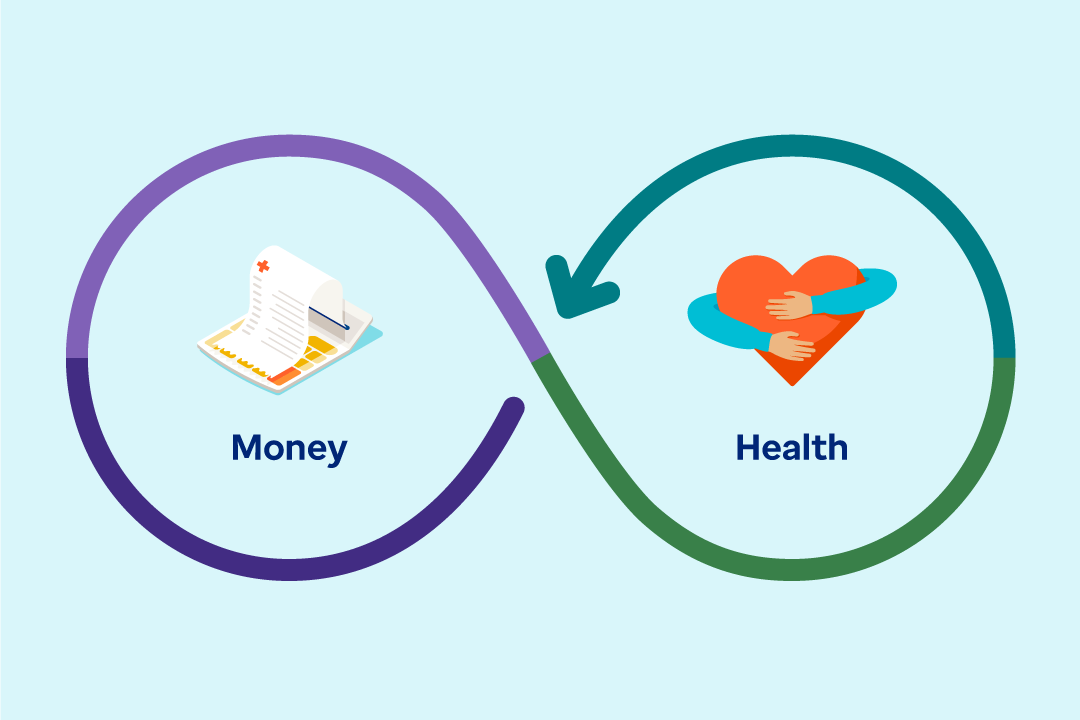Recognizing the need for a potential payment partner
When it comes to workers’ compensation, efficient payment systems aren’t just a convenience. They’re a necessity. Timely and accurate payments ensure compliance, maintain payee satisfaction and uphold the integrity of your operations.
This is where the option of outsourcing payment processes comes in. It offers benefits that can transform your administrative workflow and reduce costs, ultimately helping you pay faster, pay safely, pay cost effectively and pay better. Let’s take a closer look.



